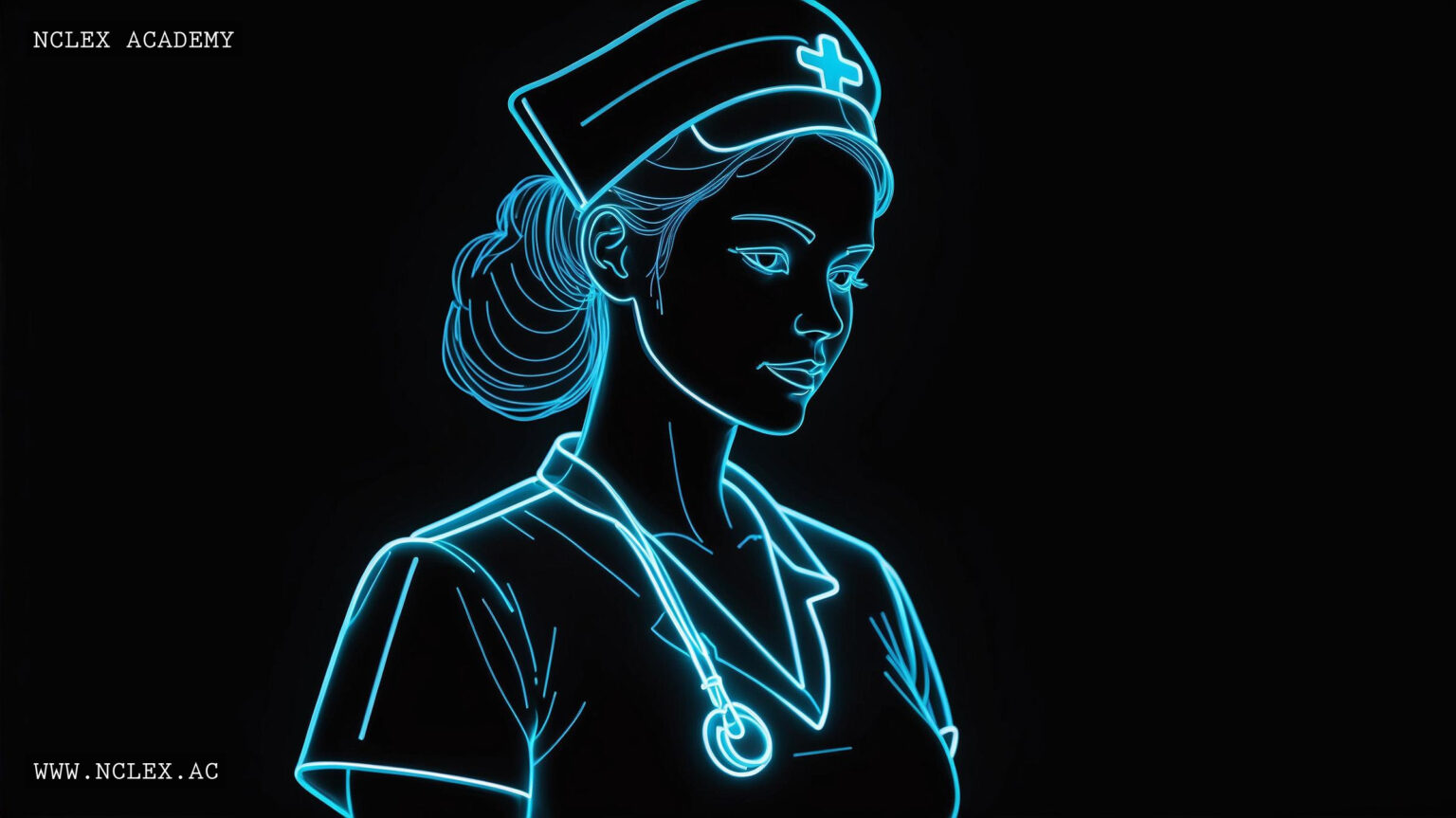As healthcare professionals, nurses play a pivotal role in patient education, empowering individuals with the knowledge and skills needed to manage their health effectively. Effective patient education is critical in promoting patient engagement, ensuring safety, and improving health outcomes. To aid nurses in this crucial aspect of care, here are 7 essential skills for nurses that are indispensable in delivering effective patient education.
1. Communication Skills
An essential skill for any nurse is the ability to communicate complex information in a way that is easy to understand. Effective communication involves active listening, empathy, and the ability to tailor explanations to the individual’s level of understanding. Nurses must be skilled at decoding medical jargon into digestible language for patients to foster a better understanding of their condition, treatment options, and care instructions. The use of analogies, visual aids, and demonstrations can augment oral instructions and ensure that patients are fully aware of what is expected of them.
2. Cultural Competence
Nurses must possess cultural competence to provide patient education that respects the diverse backgrounds of their patients. Understanding cultural differences—including beliefs, values, and customs—can greatly influence how individuals perceive health information and care recommendations. Nurses should approach patient education with a sense of cultural humility and willingness to learn from the patient while providing information that is sensitive to cultural practices and language preferences. This skill ensures that patient education is culturally appropriate and effective.
3. Assessing Patient Readiness
Patient education should align with the individual’s readiness to learn. Nurses should be adept at gauging a patient’s emotional and physical readiness to absorb new information. Factors that can influence readiness include emotional state, the severity of the diagnosis, pain levels, and cognitive capacity. It’s essential to engage patients when they are most receptive and willing to participate in the education process. This tailored approach ensures that information is provided at an optimal time for learning and retention.
4. Development of Educational Materials
Crafting effective educational materials is another key nursing skill. These resources should be accurate, accessible, and specific to the patient’s needs. Nurses should know how to develop or select pamphlets, videos, and digital content that align with the learning styles and literacy levels of their patients. Strong writing and editing skills are helpful in this regard, as is the ability to assess the quality and applicability of existing materials.
5. Teaching Strategies
Employing a range of teaching strategies is vital in patient education. Different patients have unique learning preferences; some may be visual learners, while others may prefer hands-on demonstrations. Nurses should be skilled in various educational techniques, such as storytelling, teach-back methods, and the use of models or simulations. An effective nurse educator is versatile and can adapt educational strategies to fit individual patient needs, ensuring a better grasp of health-related information.
6. Evaluation of Educational Outcomes
Understanding and implementing evaluation techniques is crucial to determine the effectiveness of educational interventions. Nurses should continuously assess the patient’s comprehension and application of the information provided. This may involve asking patients to reiterate instructions, demonstrate techniques, or provide feedback on their learning experience. Evaluation allows nurses to identify areas that may need reinforcement and ensures that patients are adequately prepared to manage their care post-discharge.
7. Advocacy
Nurses must also be advocates for their patients. It is imperative that they foster an environment where questions are encouraged and patients feel supported. This skill involves recognizing when patients may have additional needs or when they are not adequately benefiting from conventional education strategies. As advocates, nurses should strive to identify and address barriers to understanding, such as health literacy issues or limited access to resources. Advocacy extends beyond the clinical setting as nurses inform policy, research, and practice improvements that enhance patient education and outcomes.
These seven skills lay the foundation for a successful approach to patient education. By mastering communication, cultural competence, assessing readiness, developing materials, employing diverse teaching strategies, evaluating outcomes, and advocating for patients, nurses can ensure that they are providing the most effective education possible. This holistic approach not only enables patients to make informed decisions about their care but also instills a sense of confidence and self-efficacy in their journey toward optimal health.
NCLEX Academy
NCLEX Academy is a leading online platform dedicated to helping nursing students succeed in their NCLEX exams. With expert-led courses, printable exam prep materials, and personalized study plans, NCLEX Academy offers comprehensive resources to boost confidence and performance. The site also covers a wide range of interesting nursing topics, making it a must-visit for all nurses looking to expand their knowledge and skills. Join thousands of students and nurses who have achieved their dream of becoming licensed professionals with NCLEX Academy.
NCLEX Academy Official Website
